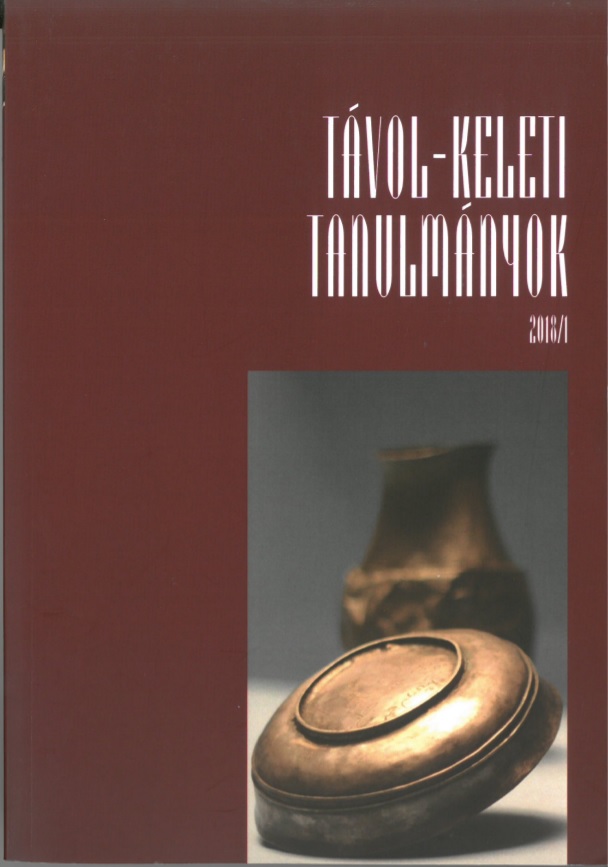Taoist Viewpoints in Language Explanation and in Value Theory 2.: To whom Taoist wrote their works?
Published 2019-03-30
Keywords
- Taoism,
- names (ming),
- non-action (wuwei),
- Zhuangzi,
- dao
How to Cite
Copyright (c) 2019 the author(s)

This work is licensed under a Creative Commons Attribution-NonCommercial 4.0 International License.
Abstract
The Taoist teaching breaks with the Confucian standards, norms and values. The discernment and striving of the wise (shengren 聖人) were focused on complying with dao 道. The internal strain of Laozi is due particularly to the fact that that in some way it says something about 'the unspeakable' and while ‘speaking the ineffability’ it declares the dao to be incomprehensible and unfathomable. The human construction of opinion creates “names” (ming 名), but any denomination will spoil the harmony between dao and de 德. Knowledge which cannot be expressed in words is the ‘knowledge’ of the “sage man” (shengren 聖人), which introduces into the “influence”, the “operation” (de 德) of the hidden, non-experienceable dao. By “non-action” (wuwei 無為) the “sage man” will achieve non-intervention; that is to say, identifying with the dao helps it to be presented through him. The Zhuangzi, questioning the method of cognition based on distinctions, will ask whether it is possible to talk about “reality” (shi 實), or our solutions are illusory, since a name is merely “pointing a finger” (zhi 指), “the name is the guest of reality”. For the shengren there is no “this” (shi 是) or “that” (bi 彼), or privilege of any object or value: he sees things in unity, in the unity of dao. Teaching about dao cannot be conveyed by words: understanding of things is only possible by direct intuitive insight. The Laozi presents the Confucian values – such as “ceremony” (li 禮), “humanity” (ren 仁), “fairness” (yi 義), “respect for parents” (xiao 孝) - as a consequence of the loss of the dao. According to the Zhuangzi, access to the dao requires departure from “All-Under-Heaven” (tianxia 天下), from the hierarchical world of people, from civilization.
